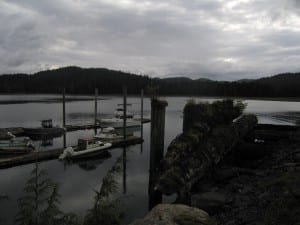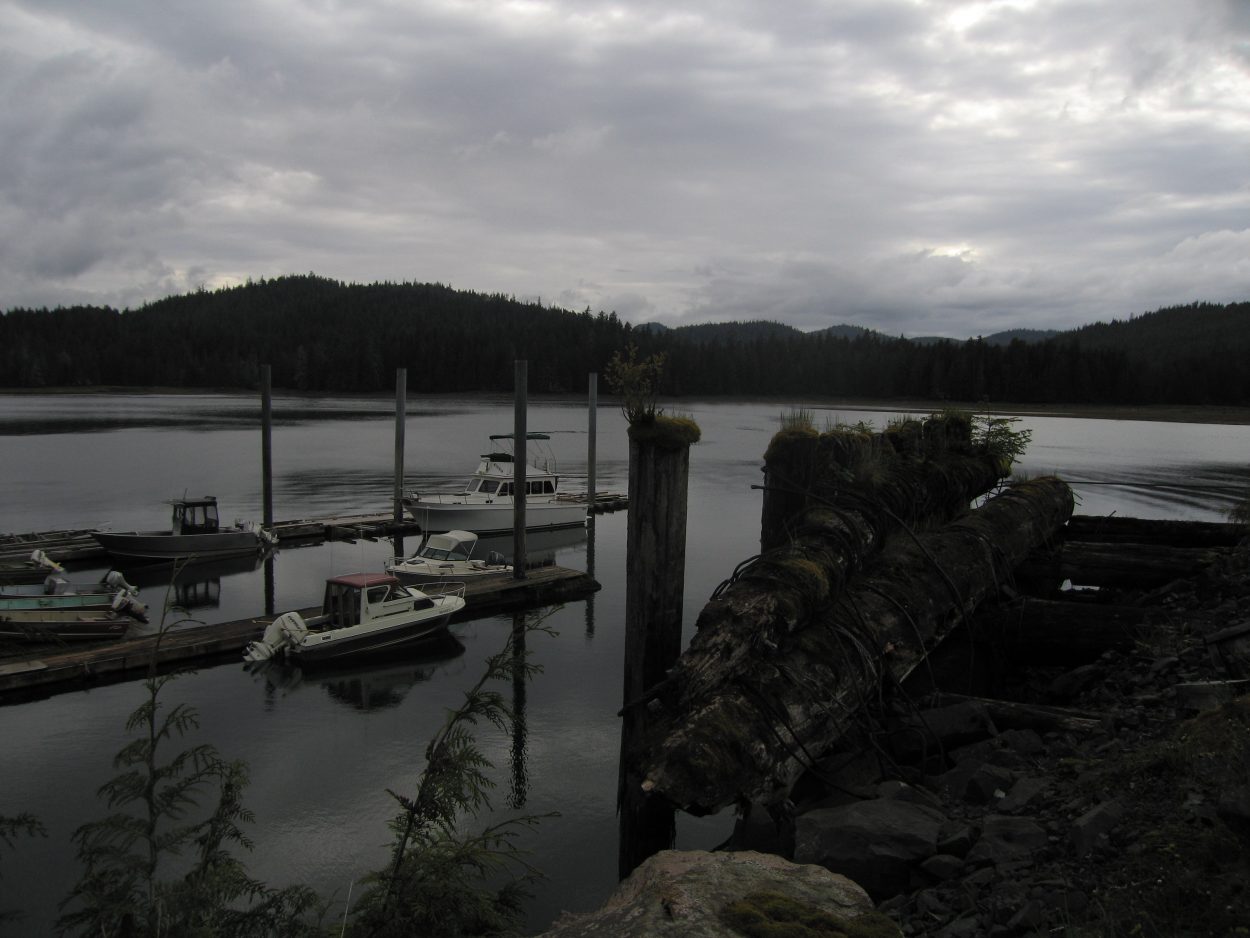Residents of the small town of Whale Pass on northern Prince of Wales Island could have a chance to vote on forming a new second class city sometime later this year. The state’s Local Boundary Commission will be meeting in August in Whale Pass to determine whether the community should be allowed to proceed with a vote. A final report out this month from LBC staff recommends approving a petition from residents of that town.
Year-round residents of Whale Pass, a former logging camp in the state’s unorganized borough, have petitioned to incorporate a second class city of around 26 square miles of land and water.
Under a new city government, the petitioners want to be able to select land from the state and continue to receive municipal revenue sharing. In fact that’s the bulk of the anticipated revenue for the proposed city.
Robert Meyer is the president of the Whale Pass Community Association, a community non-profit which provides some services to residents and businesses. He said as a community association the town has very little standing with the state or federal government.
“With incorporation we do have standing as a organized community,” Meyer explained. “This is critical as we move forward and state funding will in all probability decrease. We’ve already seen a 30 percent decrease in community sharing funds from the state this year.”
As a second class city, Whale Pass would get more municipal revenue sharing money from the state than it does as an unincorporated community. The community could also be eligible for other federal money that could be used to pay for services or help make basic repairs to the community’s dock and buildings.
The non-profit community association has a board of directors and provides some basic services on a volunteer basis, things like harbor access, a library, along with fire and emergency response.
The new city would have one paid employee, a city clerk. The rest of city operations would remain on a volunteer basis. A proposed budget in the petition has the city spending about 82-thousand dollars a year after incorporation. Meyer says no property tax is planned.
“What we have looked at is a simple bed tax and a fish box tax and we do generate funds through the leasing of our community charter halibut permits,” he said.

The harbor in Whale Pass (Photo from the Alaska Department of Commerce, Community and Economic Development; Division of Community and Regional Affairs’ Community Photo Library)
Supporters of incorporation also say it will protect the city’s local control from efforts to form a borough on the island. One of the petitioners Dick Erickson thinks it’s better to incorporate now. In an interview earlier this year Erickson said, “We’d really like to be in charge of our own boat, be ready, not reactive.”
Another incentive is the land the new city would get to select. “That’s kind of like money in the bank,” Erickson said, noting the proposed city contains quite a bit of state land.
The latest estimate from the state’s Department of Labor puts the population in the area around 46 people. That’s grown since the 2010 census. Also the numbers in the community swell during the warmer months with people who own second homes and others coming to go hunting or fishing and stay at one of the eight lodges in the area. One of the big draws to the area is a flourishing hatchery run of early summer coho salmon returning to nearby Neck Lake.
Many of the residents who have commented on the petition have been in favor of a new city, citing greater local control and the ability to plan for growth in the community.
There is some opposition to incorporating. Sharon Hillis wants to wait on forming a city. “Once we become a city it’s much harder to unbecome a city and I think we should have a couple years, we still have a couple years of money even though it’s a lot less than what we have been getting,” she said. “I would like to wait and see what will happen. If this vote is turned down we can vote again in two years. I don’t see a problem with waiting to see what the economy and the state finances are going to be at that time.”
A final report from Local Boundary Commission staff released June 24th finds that Whale Pass has the population and human resources to meet the requirements of a second class city. Staff recommend that the Local Boundary Commission approve the petition.
The Local Boundary Commission will hold a public hearing in Whale Pass on August 2nd at 10 a.m. at the community library. The commission will follow that hearing with a meeting to decide whether to approve the petition. If approved, an election date would be set later in the year by the state’s division of elections. Then it would be up to Whale Pass voters to decide whether to go forward with forming a city government.












